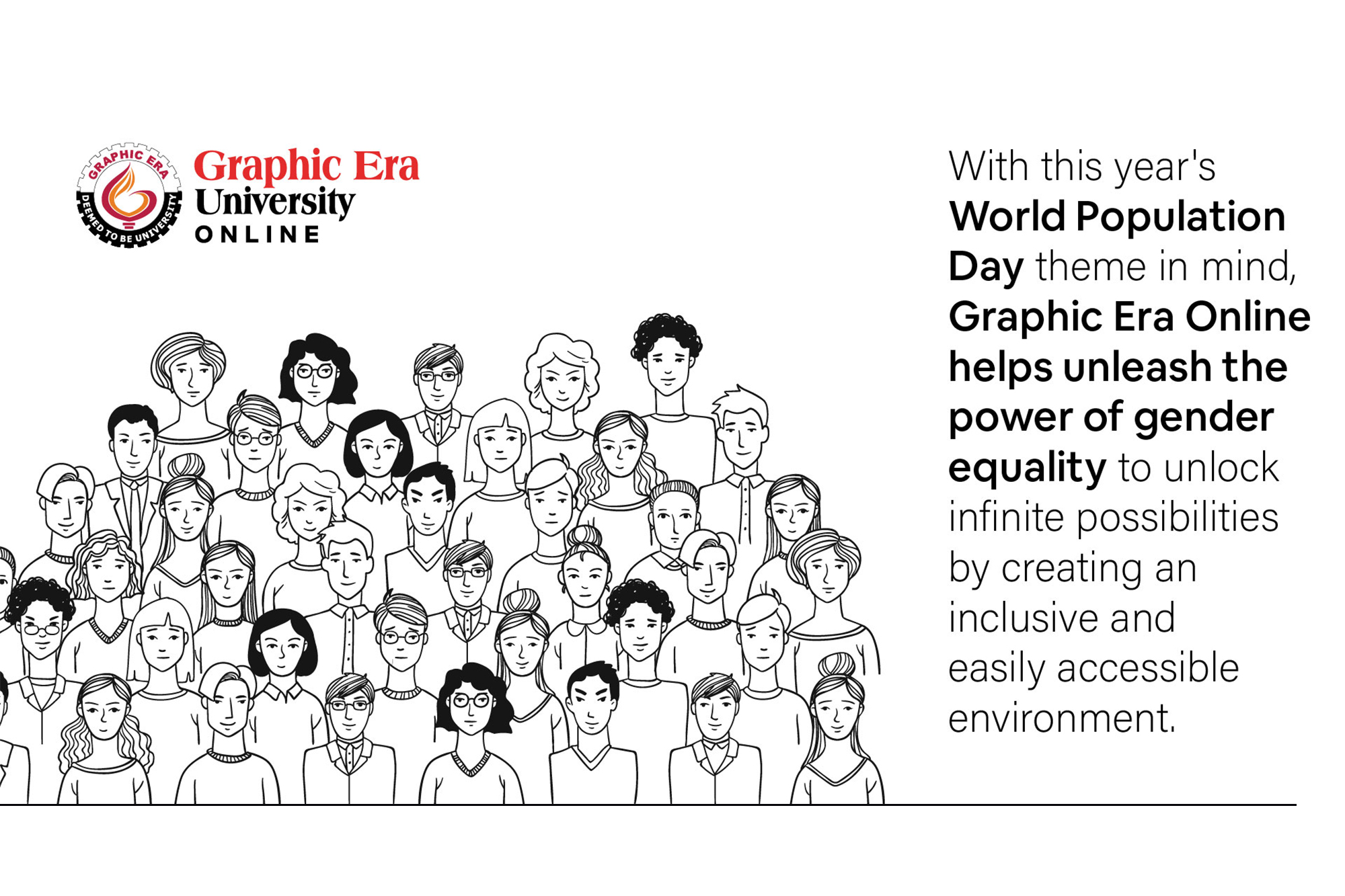Today we intend to shed light on how digital transformation of higher education is functioning as a catalyst in achievement of Sustainable Development Goals (SDGs), more specifically, SDG 4 or the “Quality Education” goal that aims to “ensure inclusive and equitable quality education and promote lifelong learning opportunities for all.”
But first, what are SDGs?
In 2015, Sustainable Development Goals (SDGs) were adopted by the member states of United Nations as a universal call to action to “mobilize efforts to end all forms of poverty, fight inequalities and tackle climate change, while ensuring that no one is left behind.” In simple terms, SDGs provide a blueprint for peace, prosperity and a better future of the people and the planet. Member nations have identified and committed to achieve 17 SDGs in total as part of 2030 Agenda for Sustainable Development.
How can online education power SDG goal 4?
Online education is a mode of education in which learning and instruction happens over the internet and the physical attendance of the student is not required. This means that online education can prove to be an effective strategy to foster inclusivity and improve the ease of access to education across the globe. One can assess the potential of online education for fulfillment of SDG 4 from the fact that presently more than two-third of the global population uses internet and the report that suggests that e-learning can help students retain between 25% to 60% more information! To elaborate, through online education:
- Students irrespective of age, gender, work and parental status, location, ethnicity or social status get equal opportunities and a level playing field to fulfill their educational dreams as long as they have reliable internet.
- Higher education becomes more convenient as its flexible nature (with respect to time, place and pace) makes balancing daily routine, work, life and studies easy and gives them more control over the learning process. This means working adults, international learners, people with familial responsibilities, and more can also advance their qualification with ease. A cascading effect of this is also a higher gross enrolment ratio.
- The disastrous impact of disruption of education due to closure of traditional brick and mortar universities in times of crisis (pandemic, for instance) can be mitigated.
- Every person in the planet gets an affordable pathway to empower themselves with skills, knowledge and competencies required for decent work and life and thus paves way for intellectual, economic and social growth.
Conclusion:
Online education promotes inclusivity of diverse leaners, universal access to learning, equality, economic and human development, and consequently powers the efforts towards achievement of SDG 4. In fact, the power of digital innovation to complement, enrich and revolutionize higher education is being increasingly harnessed to catalyze the progress towards Sustainable Development Goal 4 (SDG 4). For instance, in India, there has been a 38 per cent increase in the number of higher educational institutions (HEIs) offering online programs and 170 per cent increase in the student enrolment in online education programmes between 2021 and 2022.



